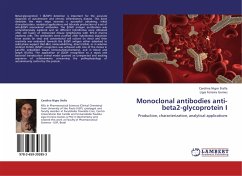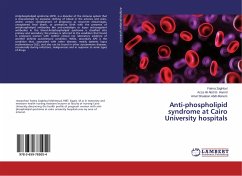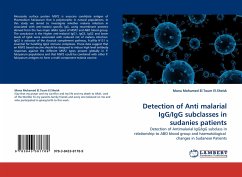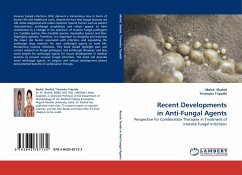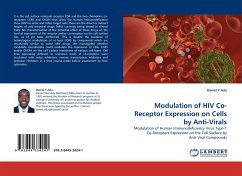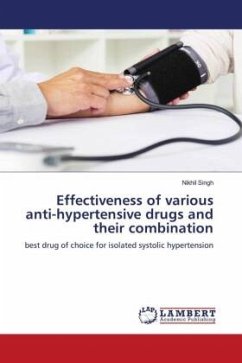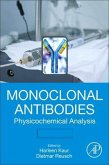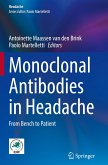Beta2-glycoprotein I ( 2GPI) detection is important for the accurate diagnosis of autoimmune and chronic inflammatory disease. This book describes the main steps towards a successful obtaining, initial characterization, analytical applications and lab-scale production of a set of anti- 2GPI monoclonal antibodies. The 2GPI antigen purification was comprehensively explored and six different hybridomas were obtained after cell fusion of immunized mouse lymphocytes with SP2-O murine myeloma cells. The antibodies were purified after hybridomas expansion from ascites (in vivo) and conventional cell culture (in vitro) and their reactivity was evaluated towards the 2GPI antigen either adsorbed to solid phase support (Dot-Blot, immunoblotting, direct ELISA), or in solution (indirect ELISA). 2GPI recognition was achieved with one of the clones in paraffin embedded tissues (immunohistochemistry), and in blood and lymph (ELISA). The application of 2GPI recognition to a sepsis and bacterial translocation animal model granted an unexpected and exciting sequence of achievements concerning the pathophysiology of autoimmunity control by this protein.
Bitte wählen Sie Ihr Anliegen aus.
Rechnungen
Retourenschein anfordern
Bestellstatus
Storno

